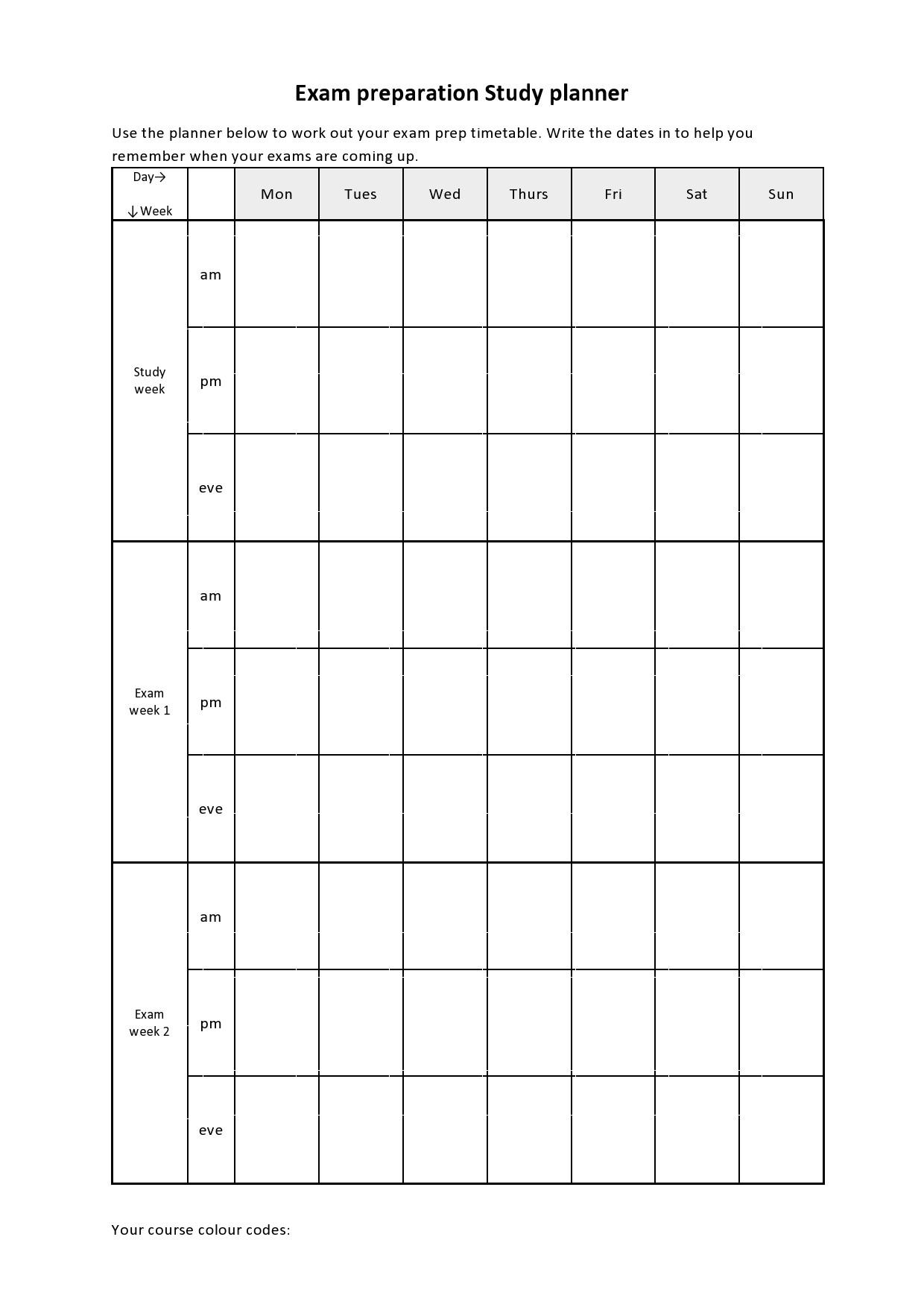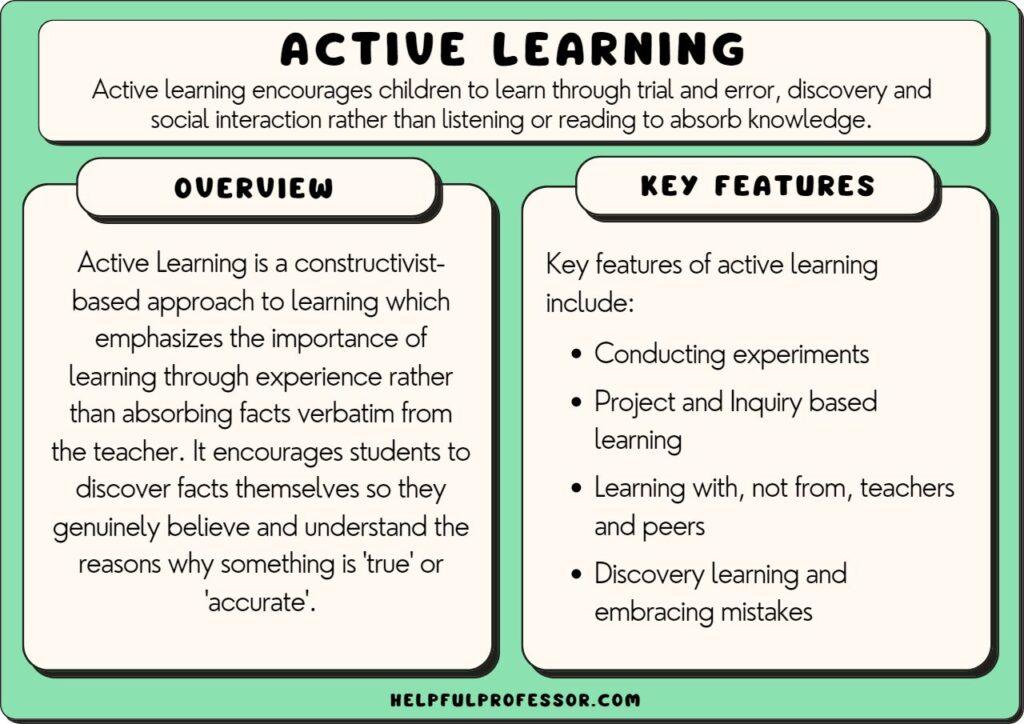In today’s fast-paced and increasingly competitive academic landscape, fostering effective study habits in children has become more crucial than ever. As parents and educators strive to equip the younger generation with the tools necessary for academic success, understanding and implementing strategies that promote efficient learning can make a significant difference. This article delves into the analytical exploration of study habits that have been proven to enhance academic performance, offering a roadmap for parents seeking to empower their children. By examining the intersection of cognitive science and practical application, we will uncover the habits that not only boost grades but also instill a lifelong love for learning. With confidence in evidence-based strategies, we aim to provide a comprehensive guide to nurturing a child’s potential, ensuring they are well-prepared to meet the challenges of their educational journey.
Creating a Structured Study Schedule
One of the most impactful ways to enhance your child’s academic performance is by helping them develop a well-structured study schedule. This framework not only organizes their time effectively but also instills discipline and boosts productivity. Start by identifying the subjects that require more focus and allocate specific time slots for each. It’s essential to balance between different types of learning activities—like reading, writing, and problem-solving—to keep their brain engaged and prevent monotony.
- Set clear goals: Establish daily or weekly objectives to provide a sense of achievement and progress.
- Prioritize tasks: Encourage your child to tackle more challenging subjects or assignments when their energy levels are at their peak.
- Include breaks: Short, regular breaks can significantly enhance concentration and mental agility.
- Be flexible: Allow room for adjustments to accommodate unforeseen events or shifts in academic priorities.
Utilizing tools like planners or digital calendars can further streamline the process, ensuring that your child remains on track and accountable. With consistent practice, a structured study schedule becomes second nature, equipping your child with the skills necessary for academic success.

Incorporating Active Learning Techniques
Active learning is a dynamic approach that engages children in the process of learning through activities and discussions, rather than passive listening. This method enhances critical thinking and retention by encouraging students to participate actively in their education. By , parents can foster an environment where children are motivated to explore and understand subjects deeply.
- Interactive Discussions: Facilitate open-ended conversations that allow children to express their thoughts and ideas, helping them develop analytical skills.
- Hands-On Activities: Encourage practical application of concepts through experiments, models, or real-life problem-solving scenarios, making learning tangible and memorable.
- Peer Collaboration: Promote group activities where children can work together, share perspectives, and learn from each other, enhancing their social and cognitive skills.
- Reflective Journals: Have children maintain journals to reflect on their learning experiences, fostering self-awareness and a deeper understanding of the material.
By integrating these strategies into daily study routines, parents can create a stimulating learning environment that not only boosts academic performance but also instills a lifelong love for learning.
Fostering a Positive Learning Environment
Creating an atmosphere where learning thrives is essential for academic success. A nurturing environment is one where children feel comfortable expressing their thoughts, asking questions, and making mistakes. Encouraging open communication and active listening can significantly impact their motivation and engagement. Here are some strategies to help cultivate such an environment:
- Designate a study-friendly space: Ensure that your child has a quiet, organized area dedicated to studying, free from distractions. This can help them focus better and associate the space with productive work.
- Celebrate achievements: Recognizing and celebrating small victories boosts confidence and reinforces positive behaviors. Whether it’s a high test score or improved study habits, acknowledgment can inspire continued effort.
- Encourage a growth mindset: Help your child understand that intelligence can be developed with effort and perseverance. Discuss the value of learning from mistakes and embracing challenges as opportunities for growth.
- Foster collaboration: Encourage group study sessions or projects that allow your child to learn from peers. This not only enhances understanding but also builds teamwork and communication skills.
By focusing on these strategies, you can create a supportive environment that empowers your child to excel academically and develop a lifelong love for learning.

Utilizing Resources and Tools for Enhanced Understanding
To foster a deeper understanding and mastery of subjects, it’s essential to leverage a variety of resources and tools tailored to your child’s learning style. Interactive educational platforms like Khan Academy or Coursera can provide personalized learning experiences that adapt to your child’s pace, ensuring they grasp concepts thoroughly. Digital flashcards and mind mapping tools, such as Anki and MindMeister, offer innovative ways to organize information and reinforce memory retention. Encouraging your child to explore audiobooks or podcasts can also be beneficial, particularly for auditory learners, as these formats present information in an engaging and easily digestible manner.
In addition to digital tools, don’t underestimate the power of traditional resources. A well-curated selection of reference books and study guides can offer a comprehensive understanding of complex topics. Study groups or tutoring sessions can provide a collaborative environment where your child can discuss and clarify doubts, enhancing their grasp of the material. integrating time management apps like Todoist or Trello can help your child organize their study schedule effectively, ensuring they allocate sufficient time to each subject and reduce last-minute cramming. By strategically utilizing these resources and tools, your child can develop a robust and well-rounded academic foundation.


